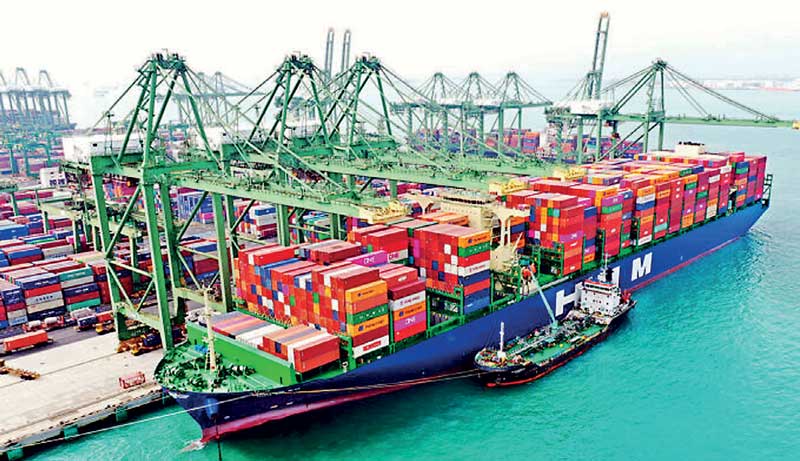Tuesday Feb 24, 2026
Tuesday Feb 24, 2026
Thursday, 26 September 2024 14:35 - - {{hitsCtrl.values.hits}}

Maritime industry leaders, representing both the private and public sectors, have issued a joint call on the International Maritime Organisation (IMO) Member States for a strong and global regulatory framework that accelerates the use of zero and near-zero greenhouse gas (GHG) fuels.
The private sector said it is ready to work with governments towards innovative policies and financial mechanisms that level the playing field between fossil and zero and near-zero GHG marine fuels.
The United Nations Global Compact’s High Level Ocean for the Future Meeting took place on 23 September. The meeting gathered business leaders, governments, NGOs and multilateral organisations to take stock on key challenges and opportunities for ocean business.
Participants included shipping companies, ports, cargo owners, energy suppliers, banks, investors, insurers, class societies, crewing companies, seafarers associations and more.
“From the UN Headquarter in New York, we, business leaders, call on all International Maritime Organisation (IMO) Member States to support a global regulatory framework that, in a just, inclusive, ambitious and timely manner, accelerates the use of zero and near-zero Green House Gas (GHG) fuels,” the parties said in a joint statement.
The maritime sector is uniquely and extensively regulated globally through the IMO. Today, the industry is at a tipping point with ambitious environmental goals and a keen focus on ensuring a just transition for all stakeholders while continuing to secure efficient global trade. To reach our targets, a strong and global regulatory framework with effective mid-term measures to bridge the price gap is urgently needed to ensure a level and competitive playing field.
We encourage all UN Member States to work together towards innovative policies and financial mechanisms to level the playing field between fossil and zero and near-zero GHG marine fuels. It is critical to speed up and scale up the production capacity of such marine fuels and the necessary infrastructure to support it in order to accelerate the green transition of the global supply chain.
Together, we can and must create a resilient and sustainable economy that thrives in harmony with the environment. The costs of doing too little too late will far outweigh the investments needed to transition to a sustainable economy. We are ready to do our part, in collaboration with governments, the UN and other key stakeholders.”